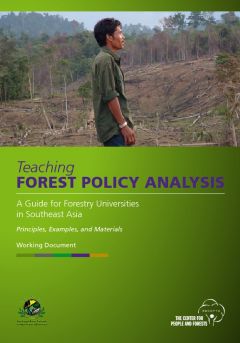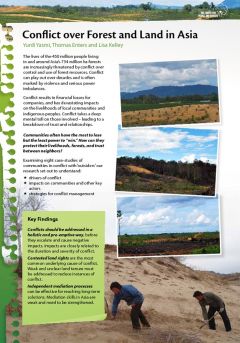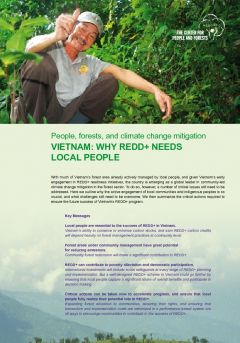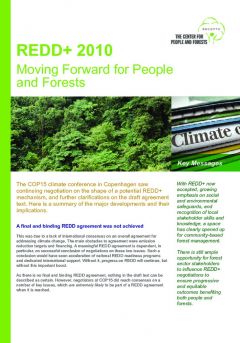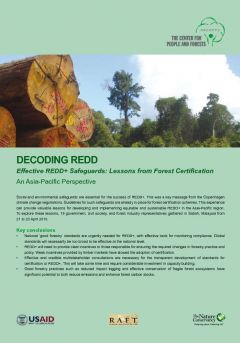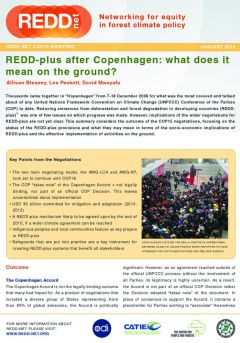Small forests, big ambitions and a hard reality - Community Forestry in Nepal
Community forestry in Nepal is intended to reduce poverty by sustainable management of forests. Timber is one of the most high-value forest products, especially in the case of Sal (Shorea robusta) forests in the Terai region of Nepal. Despite having several advantages, including high value forests on fertile land, connection with transportation networks, and being close to regional markets, community forests in the Terai region produce little or no timber from their Sal forests. This research looks at what is affecting the production of Sal timber from community forests.


